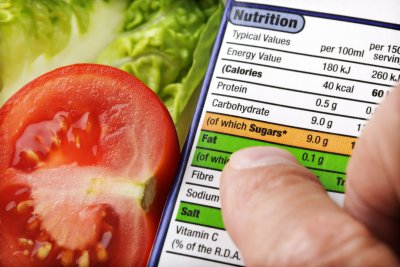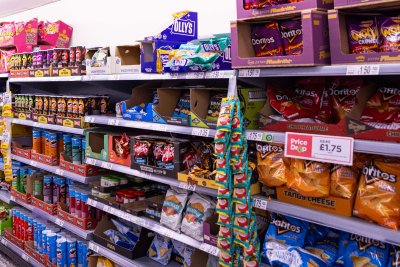Sustain: Sustain The alliance for better food and farming advocates food and agriculture policies and practices that enhance the health and welfare of people and animals, improve the working and living environment, enrich society and culture and promote equity.

Parliamentary Note on barriers to healthy eating
The Parliamentary Office on Science and Technology has produced a useful summary of the reasons for unhealthy diets -- and the steps that can help improve them.
The report, from the Parliamentary Office on Science and Technology (POST), notes that the average Briton consumes 200-300 calories a day more than is needed, takes in 8.1g of salt (compared with recommended maximum of 6g) and derives more than twice as much energy as recommended from sugar. Rates of obesity are about 20% over the whole population, with poorer people more likely to be obese than the better off.
Various factors contribute to preventing people from eating more healthily. They include financial barriers (mainly a combination of rising prices and falling incomes), knowledge barriers (such as lack of cooking skills) and physical barriers (such as unavailability of healthy options).
The report then describes some initiatives that can help to overcome these barriers. They include the provision of education and information, the use of government food procurement standards that ensure food in public institutions has high nutritional standards, efforts to encourage the food industry to resize portions and reformulate products (e.g. through the Responsibility Deals), and the use of financial measures such as Healthy Start Vouchers and the sugary drinks tax.
Sustain was consulted during the research for the report, and its work on hospital food, Sustainable Food Cities, Capital Growth and food poverty is referenced, as well as that of many Sustain members.
The report takes a studiously neutral stance, for example on topics such as food promotion and advertising, and doesn't suggest anything new - but is a helpful and succinct summary of the key facts on many of the important challenges with the UK's food system.
Find out more about Sustain's work here.
Sustain
The Green House
244-254 Cambridge Heath Road
London E2 9DA
020 3559 6777
sustain@sustainweb.org
Sustain advocates food and agriculture policies and practices that enhance the health and welfare of people and animals, improve the working and living environment, promote equity and enrich society and culture.
© Sustain 2026
Registered charity (no. 1018643)
Data privacy & cookies
Icons by Icons8







